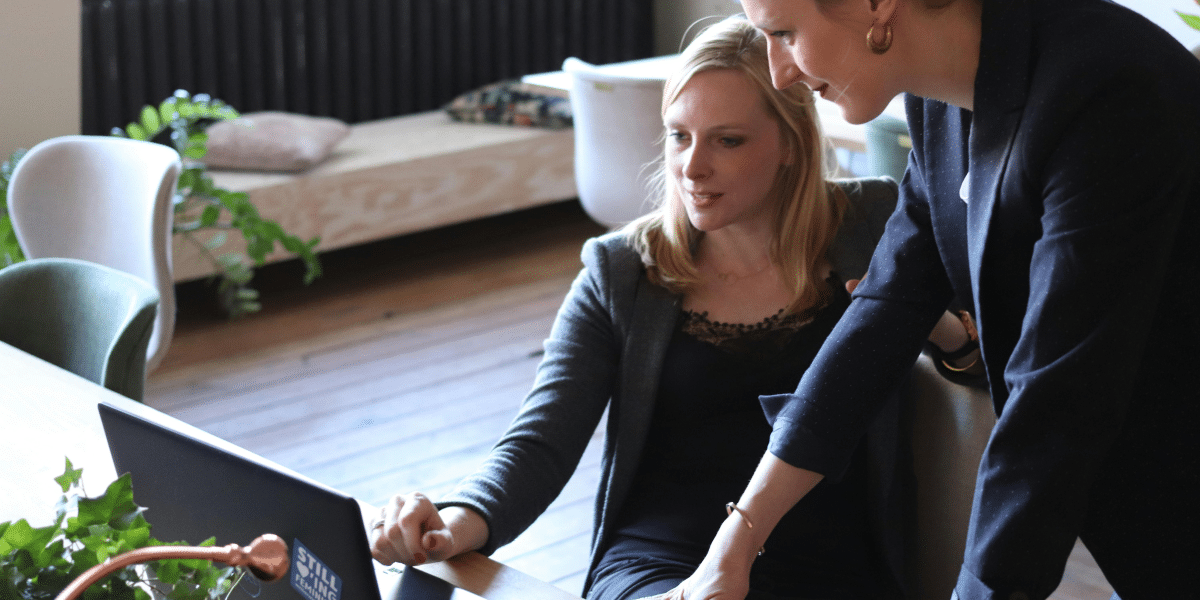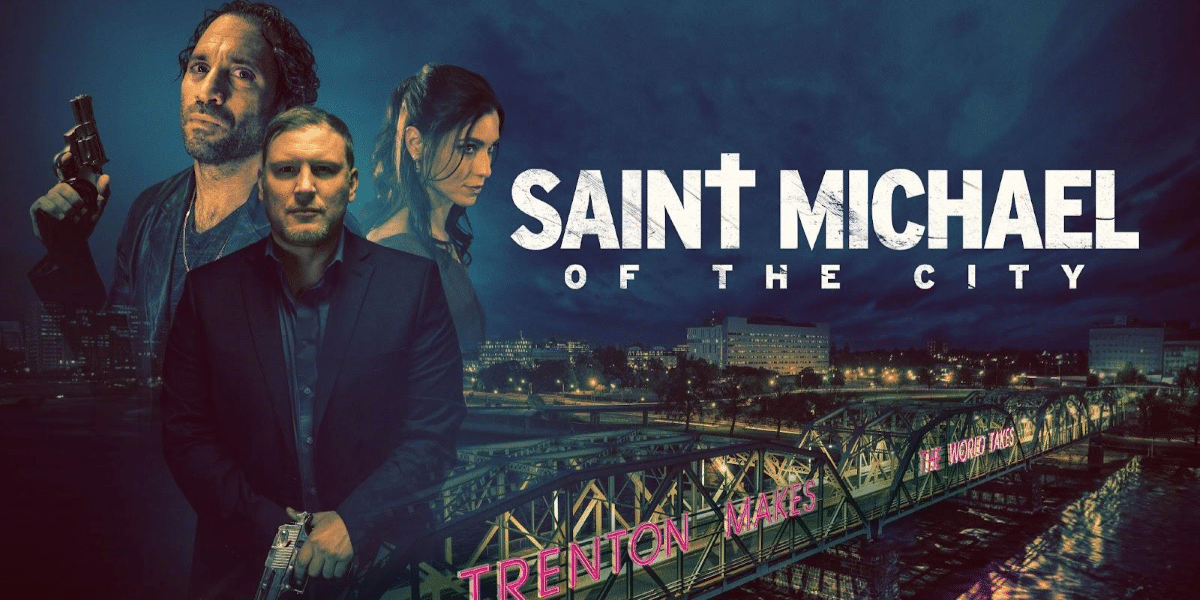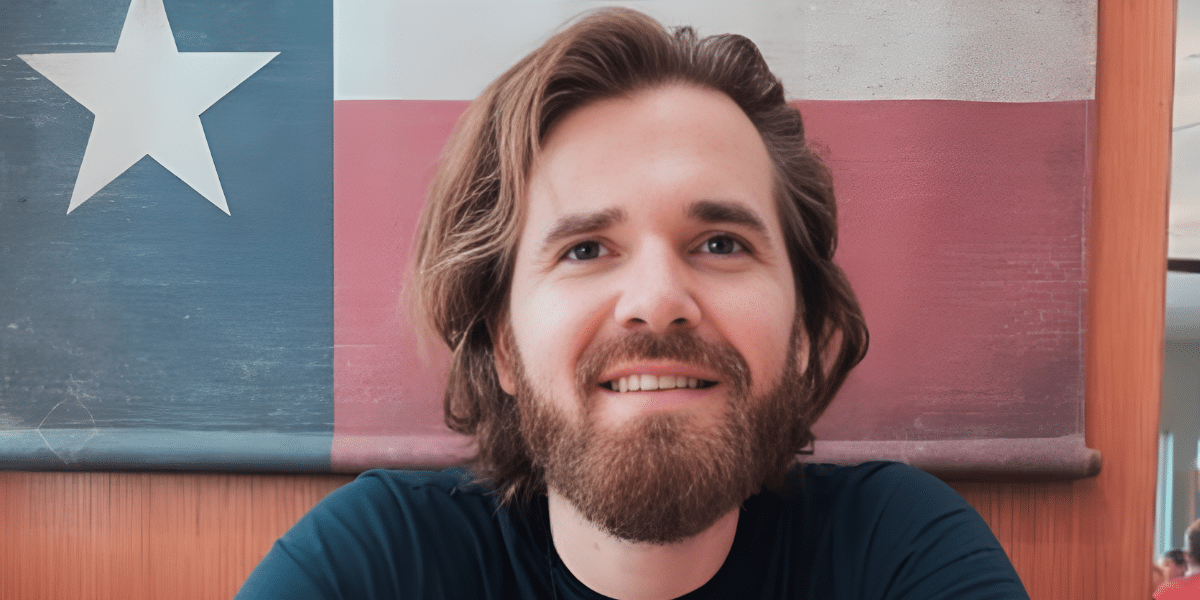Workplace Drinking has always been essential to the corporate culture. But, younger workers are changing the role of alcohol in the workplace.
Office culture has long included alcohol. At certain businesses, post-shift pints to unwind are popular; in others, workplace drinking is woven into the fabric of the work itself, with client relationships formed during boozy lunches and dinners. Even though the pandemic altered workplace social culture as we knew it, alcohol did not disappear. In many cases, especially early in the pandemic, pub happy hours relocated to Zoom.
Regular alcohol consumption has been institutionalized and encouraged in almost every part of life: it is interwoven into rites of passage such as college and university, and it carries over to the workplace as a bonding ritual, morale booster, and stress reliever. Meetings in bars and restaurants with free refreshments are also part of some businesses’ plans. In China, for example, binge drinking is used as a type of “moral contract” when potential business partners get drunk together to become friends so they can trust each other and not harm the other person’s professional interests.
According to a 2022 survey conducted by the education charity Drinkaware, alcohol is more deeply embedded in the private sector than in the public sector, with 86% of these employees believing that there is an expectation to drink at workplace events (15% versus 8%). They are also 2.5 times more likely to have alcohol sponsored at work social occasions than the public sector (23% vs. 9%).
Yet, as crucial as workplace drinking is to sociability and strategy, several organizations are revisiting the role of alcohol in professional environments.
Several analysts believe that this measure regarding workplace drinking has been long overdue. Many employees, after all, do not drink for personal reasons, and business relationships with alcohol can be challenging. Add to that the increased number of Generation Zers who are demanding deeper conversations about recovery and normalizing non-alcoholic socializing. Thus the question becomes, does alcohol still have a role at work, and if so, should it?
Compulsion to participate in workplace drinking
Although some employees accept alcohol in the workplace, others do not share the emphasis on workplace drinking culture. Unfortunately, it’s also not always easy to prevent.
According to a 2019 study by experts at the University of Stavanger in Norway, employees feel compelled to partake in workplace drinking, especially when their employers or supervisors encourage drinking. In addition, half of those interviewed in the United Kingdom by researchers at the University of Stirling in Scotland reported being compelled to consume alcohol by coworkers and family members. It also indicated that males were more likely than women to be compelled into drinking, with men 20% more likely to be urged to drink by their colleagues and 37% more likely to be supported by their employers.
Many people want things to change; in a UK survey of over 2,000 working adults, 43% say there is too much temptation to drink when engaging with coworkers, and 53% would like less pressure to do so.
A shift in perspective
Yet, there is evidence that corporate culture is evolving away from a drinking-centered mentality. For example, big firms such as Salesforce, Uber, and Jet have reduced or abolished alcohol in the workplace in recent years.
Even outside of the workplace, personal interactions with alcohol are evolving. According to Gallup, Americans are drinking less than they used to, with the average number of drinks consumed falling from 4.8 in 2009 to 3.6 in 2021. Furthermore, people’s maximum daily alcohol consumption has gradually dropped, according to NHS data published in 2022. For example, from 37% in 2009 to 30% in 2019, the percentage of adults who drank more than three (women) or four (men) units on any day in the previous week decreased from 37% in 2009.
Conversations about sobriety and drinking have also become less taboo, particularly on social media platforms like TikTok and Instagram. Every year, more people participate in global and national initiatives such as Dry January and Go Sober for October. Dry January began with 4,000 Britons in 2013; by 2022, the figure had increased to around 130,000.
Younger generations are also more likely to experiment with limiting alcohol consumption and attempting sobriety in their personal and professional lives. For example, according to 45% of 4,000 UK students polled by Bright Network, a graduate careers and employment specialist, alcohol should not be utilized in work-social contacts.
Alcohol as a benefit may be losing its cool factor and becoming problematic. According to a Totaljobs poll of 2,400 workers and 250 employees in the UK, more than one-third of workers say drinking with colleagues is out of date. Employees dislike open 24/7 beer fridges, Friday drinks trolleys, and booze-fueled socials, and they may lose traction in company culture.
Read Also: Gen Zers have normalized sobriety
Bonding without the use of alcohol
Many people like imbibing during company-sponsored happy hours, Christmas parties, and business gatherings.
According to a BBC Drinkaware poll from 2021, a quarter of working Britons believe workplace drinking has a very or very beneficial influence in work-social meetings, while only about 10% believe it has a fairly or very negative influence. More than one-third (38%) of Americans believe after-work drinks are a useful way to unite and develop a team, according to 2023 data from the alcohol treatment resources Alcohol.org, from the healthcare group American Addiction Centers.
Yet, a shift away from booze-centric groups is already taking place. For example, WeWork, an office-space leasing company that provides flexible workplaces globally, has updated its product in response to member feedback in various locations. Before the pandemic, alcoholic beverages were phased out in the United States and replaced with cold brew coffee, kombucha, and seltzer on tap; beer persists in the United Kingdom but is offered alongside seltzers, kombucha, and barista coffees throughout the day.





